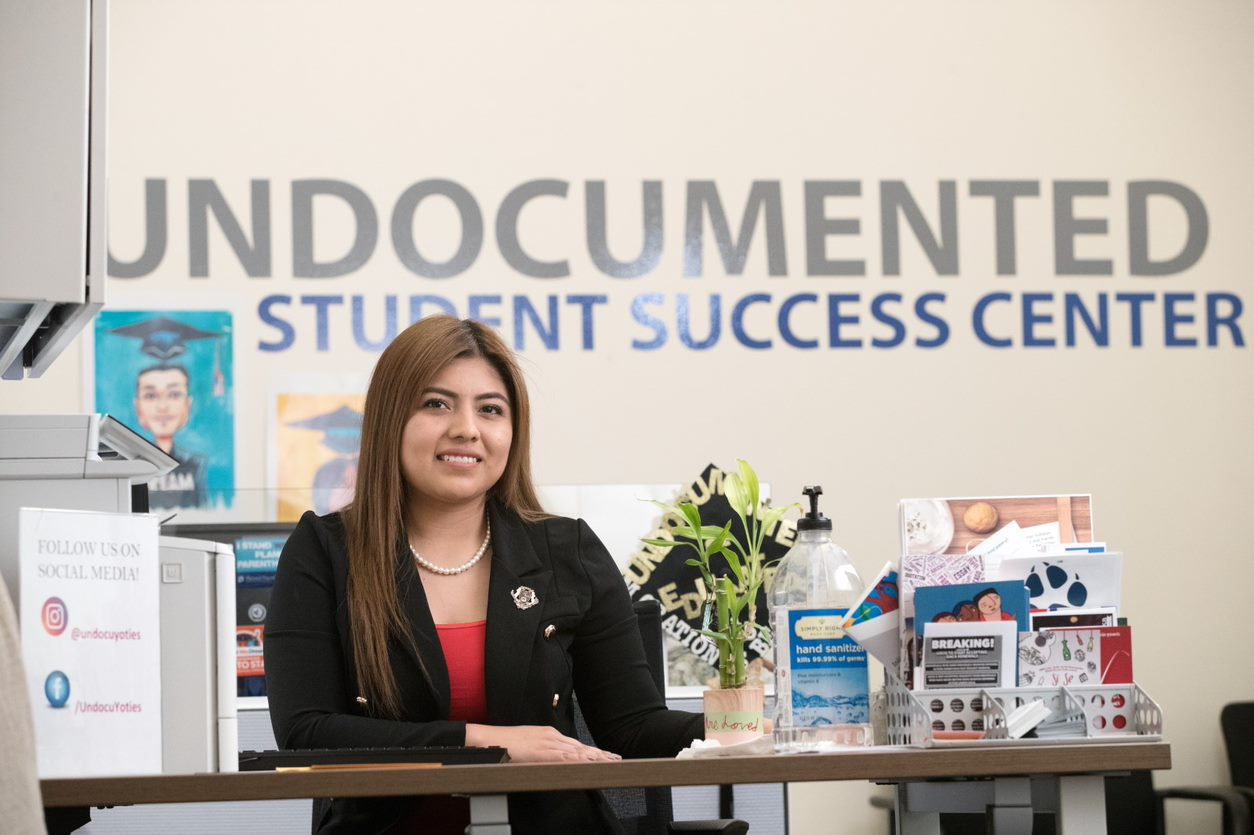
Our Story
The Undocumented Student Success Center (USSC) opened its doors on November 5th, 2015, becoming the 4th in the CSU system to establish such a center. The USSC was established with the objective to serve the undocumented student population on the CSUSB campus through direct academic support services and education resources for all campus community members."